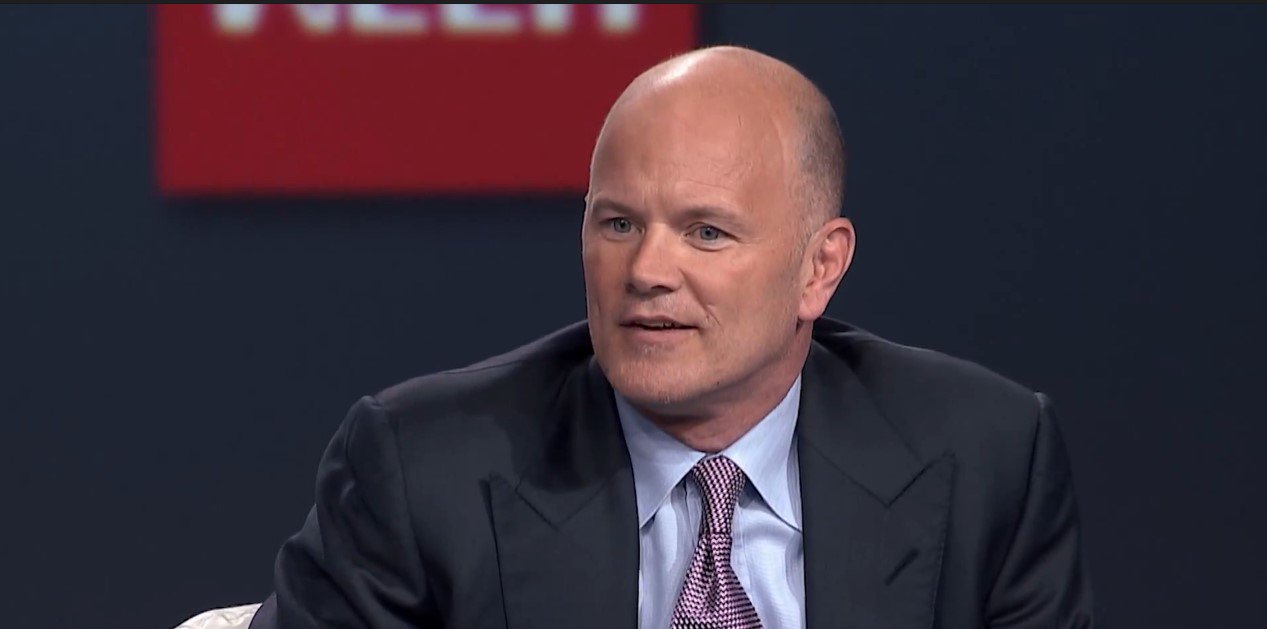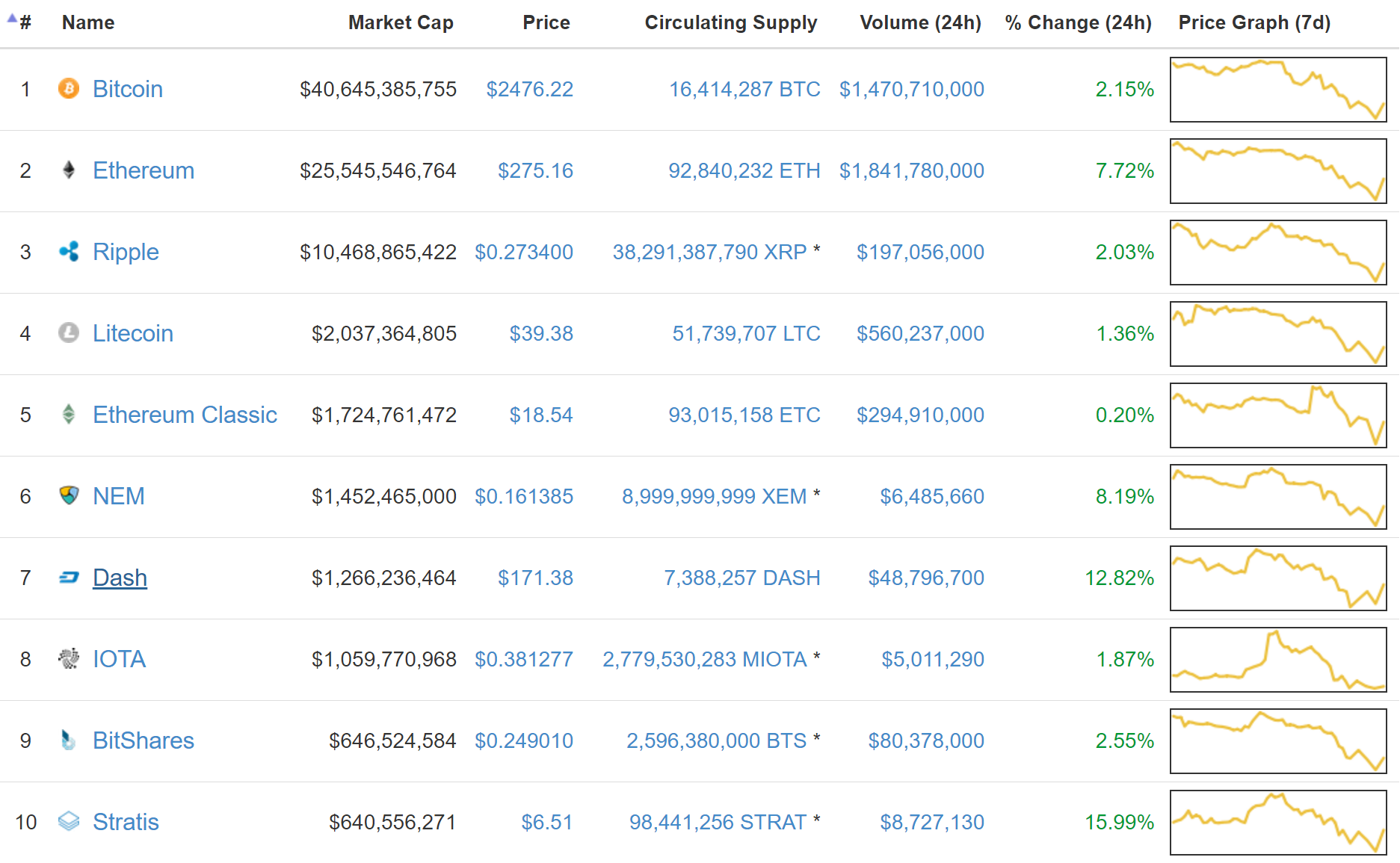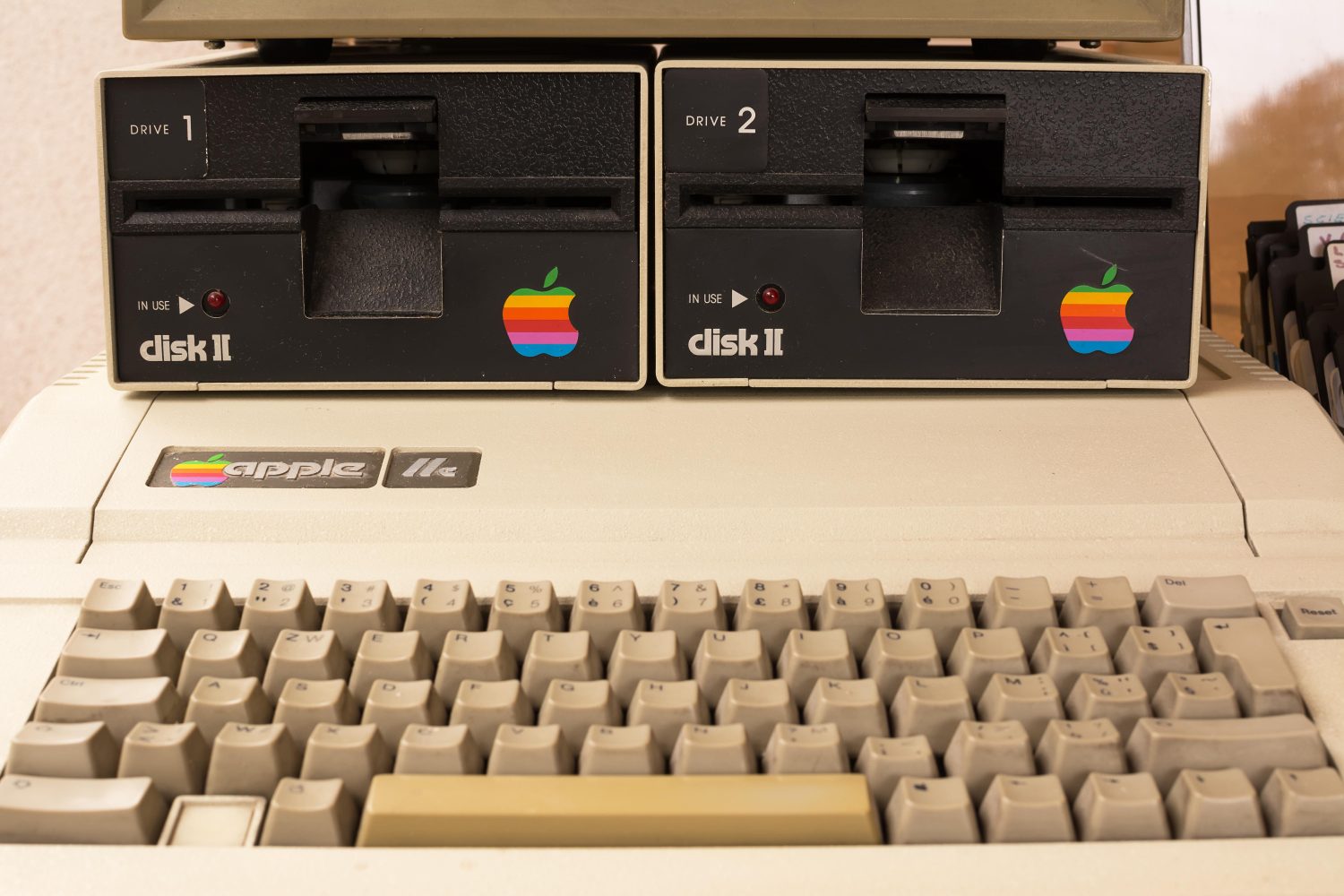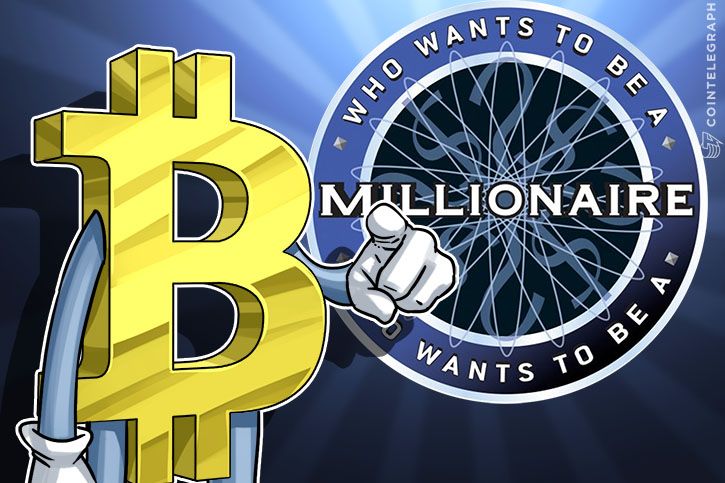
Bitcoin is Permanently Superior to Paper Money in Ways – German Business Magazine
While many mainstream media personalities and analysts remain skeptical about bitcoin (and often rehash misinformation), others are beginning to give cryptocurrency an honest appraisal.
The latest comes from leading German business magazine Wirtschafts Woche, which recently published an article praising bitcoin. “The Revolution of Cryptocurrency,” written by economist Thorsten Polleit, argues that the advent of cryptocurrency set off a monetary revolution that could eventually supplant fiat national currencies.
Public fiat money, he explains, possesses four inherent flaws:
1. Inflation
2. Monetary distribution inequality
3. The tendency to produce boom-bust cycles
4.The temptation to increase national debt
Polleit states that cryptocurrencies avoid these and other flaws due to market competition. As long as no currency has a state-mandated economic monopoly, consumer demand should favor better coins.
However, it should be noted that not all cryptocurrencies resist the flaws Polleit finds in fiat money. Many cryptocurrencies are inflationary, although their rate of inflation is generally fixed rather than variable. Cryptocurrency distribution models can also exhibit inequality, and there is much debate about what constitutes a fair coin/token dissemination method. That said, by divorcing monetary policy from the national government, one will avoid the final two flaws of public money.
Polleit believes consumer demand for bitcoin will likely increase as fiat money loses purchasing power and national governments reduce or even eliminate cash transactions. He foresees the potential for blockchain-based currencies to “make…Fiat money worthless.”
Despite this bullish tone, Polleit urges investors to approach cryptocurrency speculation with caution. As he states (translated into English):
While many mainstream media personalities and analysts remain skeptical about bitcoin (and often rehash misinformation), others are beginning to give cryptocurrency an honest appraisal.
The latest comes from leading German business magazine Wirtschafts Woche, which recently published an article praising bitcoin. “The Revolution of Cryptocurrency,” written by economist Thorsten Polleit, argues that the advent of cryptocurrency set off a monetary revolution that could eventually supplant fiat national currencies.
Whoever obtains [cryptocurrency] should know that he does not invest, but speculates. Unlike in the case of shares or bonds, they do not have a recognized and tested valuation formula – the same also applies to raw materials or art objects. You can not even estimate whether the price you pay is justified with regard to the “intrinsic value” of the [coins].
For this reason, he seems to favor colored coins tied to physical assets, such as gold.
Diverging from other pro-bitcoin analysts, Polleit encourages investors to avoid currency speculation. The sensible investor, he says, should instead continue to invest in “great companies” and take a long-term approach to the markets. The monetary revolution may cause economic upheaval, but he explains that solid companies will continue to bring positive returns no matter what currency–or cryptocurrency–they use to transact business.
David Ogden
Entrepreneur

Author: Josiah Wilmoth
David Ogden – Http://markethive.com/david-ogden









